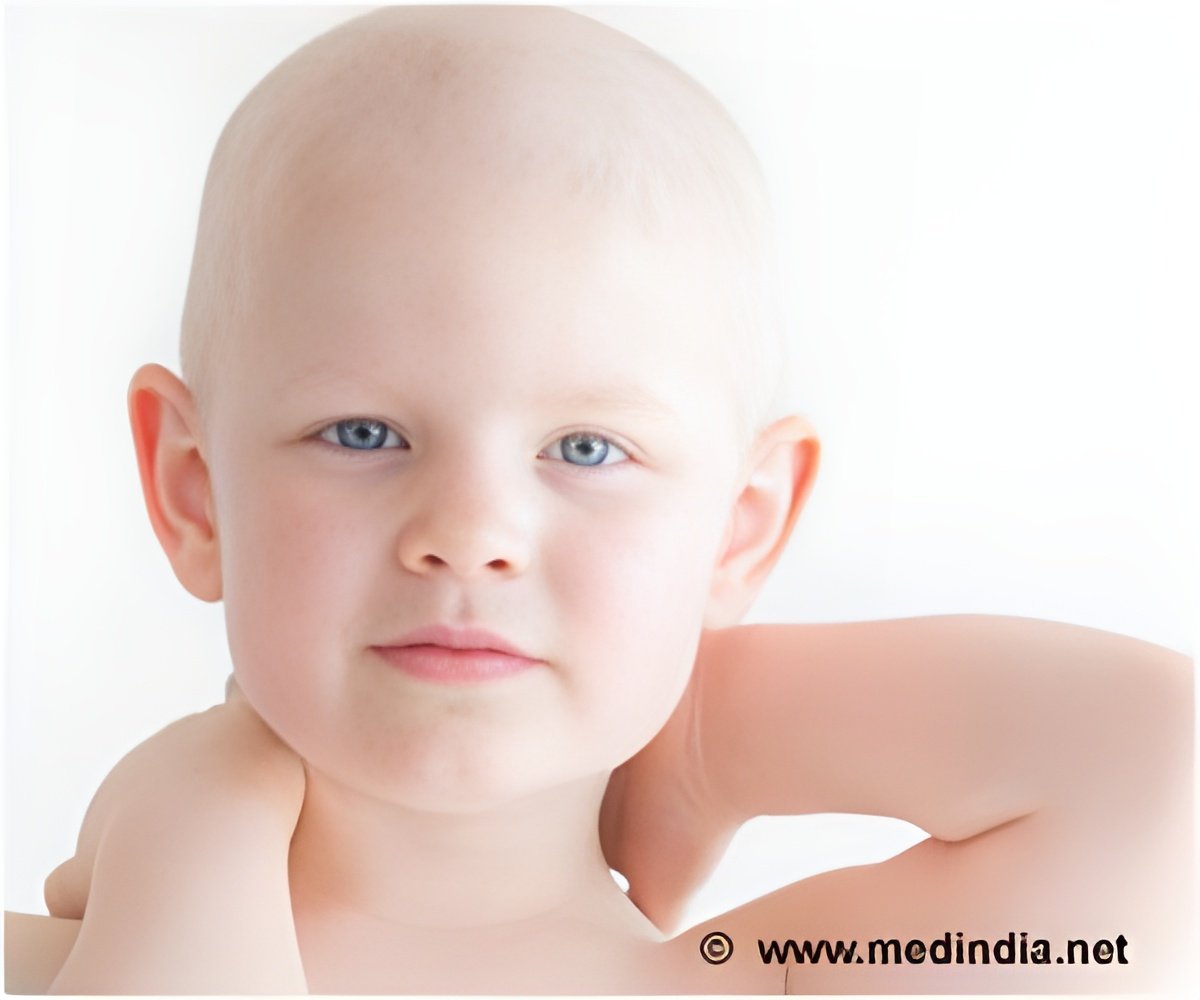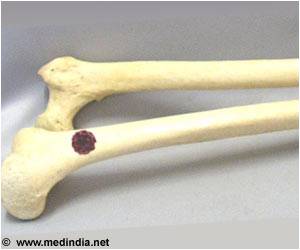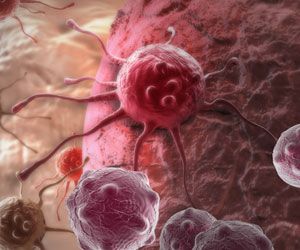Ewing sarcoma tumors carry very few DNA mutations that could explain the observed differences in the disease course of Ewing sarcoma patients.

‘Ewing sarcoma showed unique characteristics that differ markedly from others cancers, and the DNA methylation patterns also varied between patients.’





But the tumors carry very few
DNA mutations that could explain the observed differences in the disease
course of Ewing sarcoma patients. Tackling this question, a team of scientists from Austria, France, Germany and Spain led by Eleni Tomazou from the St. Anna Children's Cancer Research Institute in Vienna profiled many Ewing tumors. They found that the disease's clinical diversity is reflected by widespread epigenetic heterogeneity.
Using novel bioinformatic methods developed by Nathan Sheffield at CeMM, the team studied the tumors' DNA methylation patterns - one of the most important facets of the human epigenome. Ewing sarcoma showed unique characteristics that differ markedly from others cancers, and the DNA methylation patterns also varied between patients. Moreover, the researchers found that Ewing sarcoma tumors appear to retain part of the characteristic DNA methylation patterns of their cell-of-origin.
Thus, the diverse clinical courses observed among Ewing sarcoma patients may be explained epigenetically: As DNA methylation influences gene activity, the combination of Ewing sarcoma specific and cell-of-origin specific patterns can lead to different outcomes. The epigenetic diversity also appears to correlate with the tumors' aggressiveness and metastatic state.
Regarding the future of Ewing sarcoma treatment, Heinrich Kovar, Scientific Director of St. Anna Children's Cancer Research Institute, optimistically stated: "These new insights into the biology of Ewing sarcoma provide the basis for developing epigenetic biomarkers that can reliably predict disease course and therapy response. After two decades of stagnation in the therapy for patients with Ewing sarcoma, we expect new impulses for personalized therapy of this aggressive cancer".
Advertisement
Source-Eurekalert















